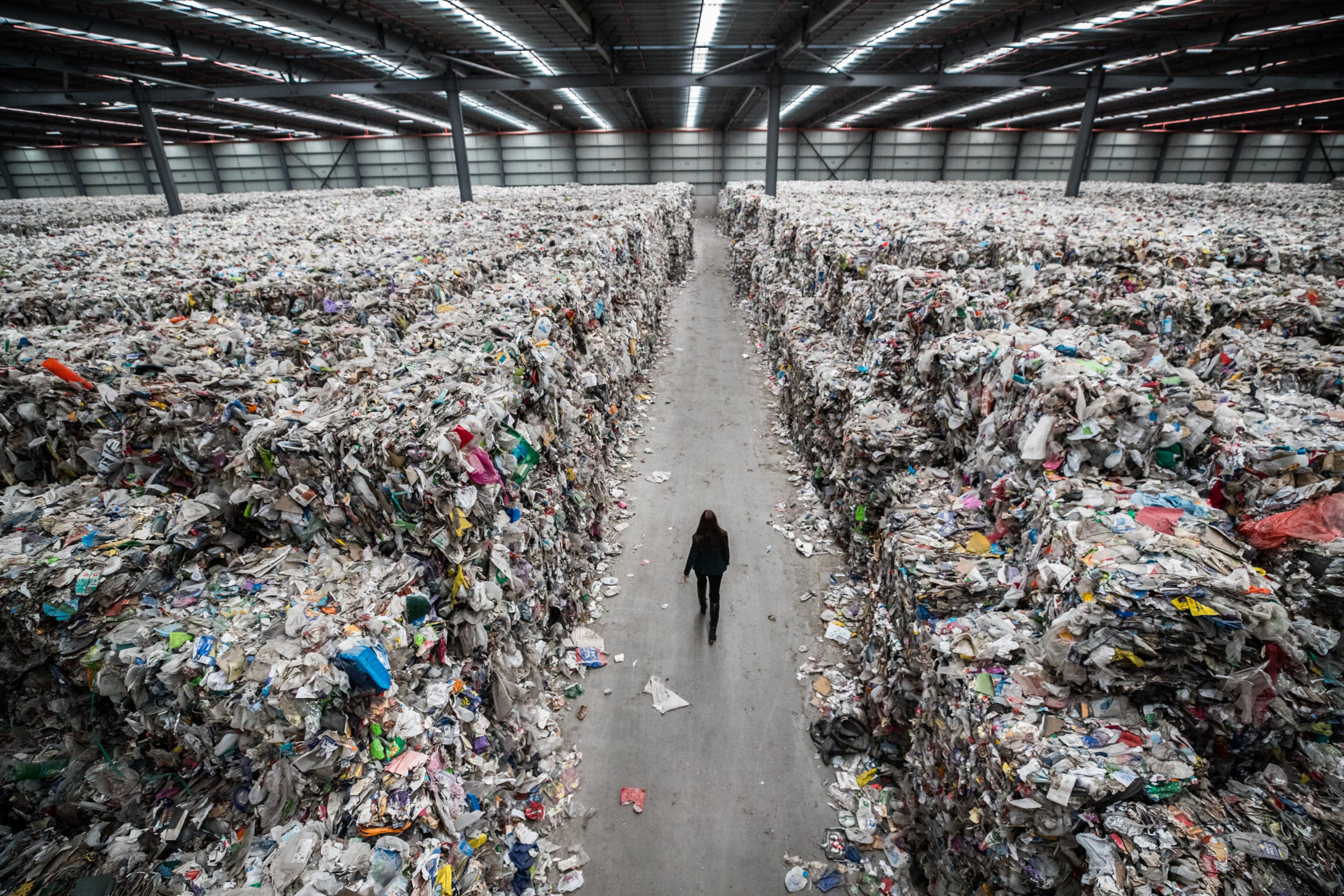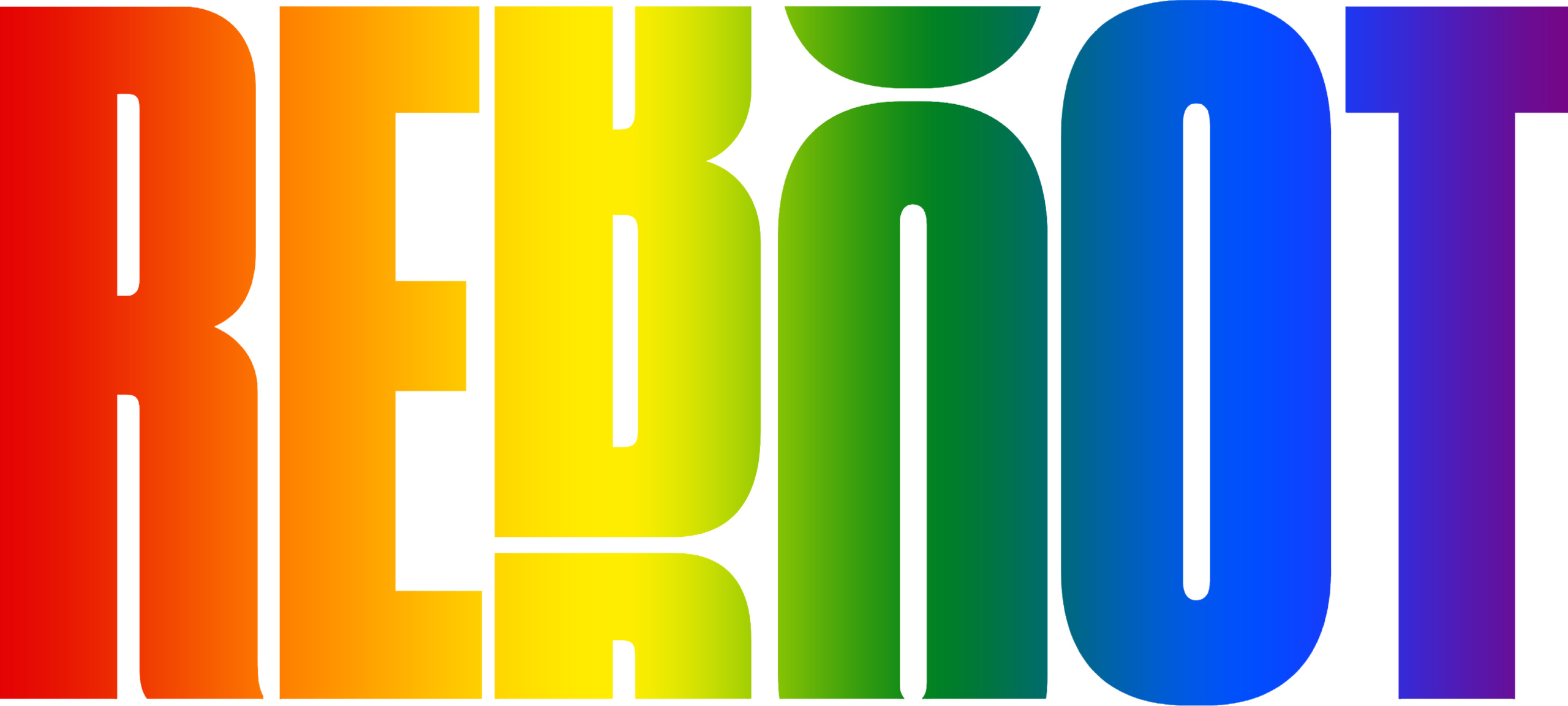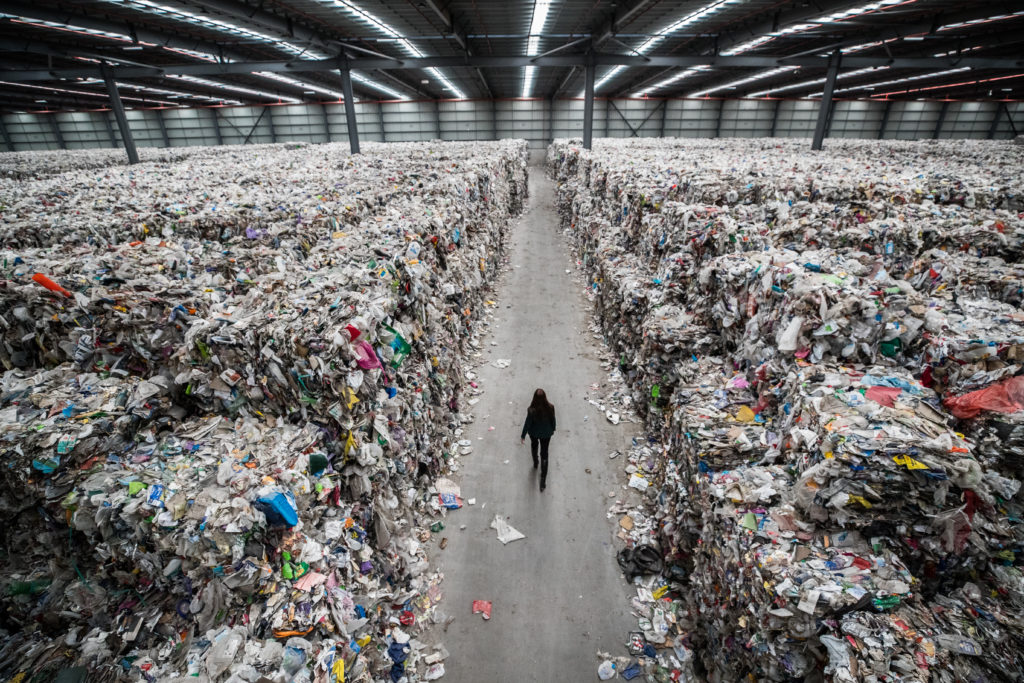PLASTOVER: MY SPRINGTIME EXODUS FROM PLASTIC WASTE

Passover has long been my favorite Jewish holiday. I love the seder, the songs, the symbolism, and the mythical story of an epic journey to freedom. On the other hand, while I love a matzo ball as much as the next semite, I’ve struggled to make the prohibition on leavened foods personally meaningful.
While we follow tradition, my family has searched for ways to reimagine the concept of hametz in order to make it more relevant. For years, we added vegetarianism to our Passover, a discipline that encouraged mindfulness of our impact on animals, the environment, and the climate. But the truth is, we’re a mostly-meatless family anyway. So this year, I started asking for other ways to undertake a sacrifice that would make us reflect on our daily practices, just as matzah is meant to remind us of our ancestors’ flight from Egypt.
It was my 12-year-old son Sy who finally came up with the answer – plastic! He suggested we declare single-use plastic hametz for Passover. Plastover, if you will.
It would be eight days in which no plastic is brought into the home and no plastic garbage is directly created. It’s no secret that plastic waste is an imminent threat to the health of our planet. We thought Plastover could be our first step towards establishing a more responsible approach to plastic – and raise awareness of the need for our politicians and businesses to do the same. And maybe it could be the first step for other Jews too.
The only thing is — have you ever noticed how much single use plastic you go through in a day?
We had committed to reduce-reuse-recycle years ago, but as I started to plan for our week without plastic, I was struck by just how much went in and out of our home each day. I ran out of shampoo and wondered if there was an option that didn’t come in a plastic bottle. The flow of Amazon packages continued to come filled with plastic bubble wrap. I opened my cupboards to see plastic bags of rice, pasta boxes with plastic windows, plastic sleeves of cookies, the plastic lid on my oatmeal -all staring down at me as if to ask “What’s your plan here?”
I didn’t really have a plan. What had seemed like a fun challenge now felt like a daunting task. My family’s plastic use was seemingly endless, compounded by the way we had needed to adjust our lives for the COVID-19 pandemic. We were l plastic addicts. I needed steps to follow. I needed checklists and resources from experts who had done this before.
What tools would your average Jewish family need to start on their Plastover journey? The Passover seder comes with specific rules on how to observe the holiday, so Plastover would need the same. We started with a simple checklist, naming the most commonly found single use plastic items that could be easily replaced with sustainable alternatives. Working with Reboot, we reached out to organizations like The Plastic Pollution Coalition and Hazon to help us with the facts and data to support our ideas. And we explored why it makes sense to think of plastic as hametz in the first place. And of course, this led us to what would a reimagined Passover be without reimagined plagues?
During the seder, Jews are called to empty their wine glasses drop by drop, naming each plague in remembrance of the tragedies that befell the Egyptians. The 10 Plagues of Plastic ask the same, naming the tolls that plastic has taken on our world. Each Plague of Plastic draws directly from the themes of the original plagues – the waters of the Nile turning to blood becomes the oceans turning to garbage – and ends with a simple action item that can be taken during Plastover to address that specific issue.
We developed a Plastover Toolkit to help cleanse our house of hametz. I know we won’t be perfect, but everyone has to start somewhere. By bringing mindfulness to our use of plastic, my family can reduce our impact. More importantly, seeing and feeling how we are caught – enslaved, even — in a system that makes it difficult or impossible to act responsibly, we will be motivated to demand that our leaders take us out of this plastic bondage and into freedom – the freedom to use plastic wisely, not wastefully. It’s only a beginning, of course. But as Moses understood, an Exodus of a thousand miles begins with a single step.
This piece was originally published in The Forward

